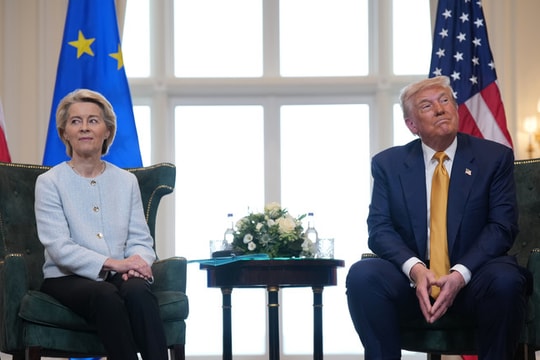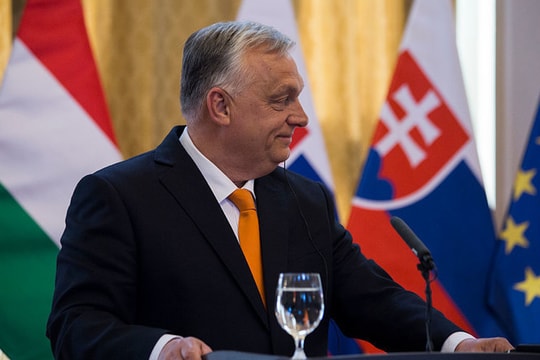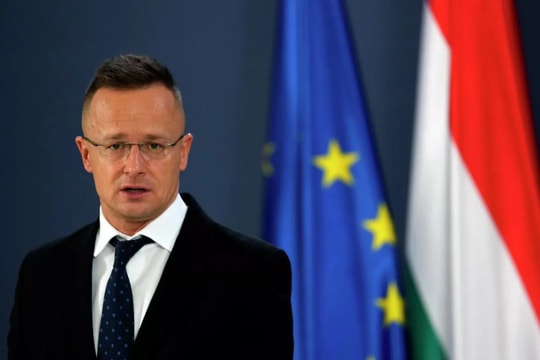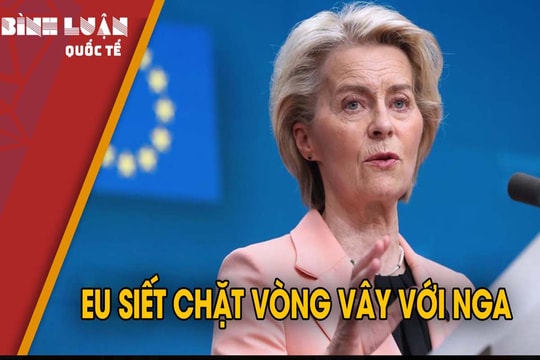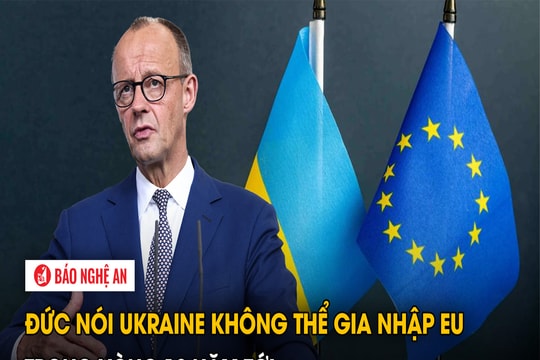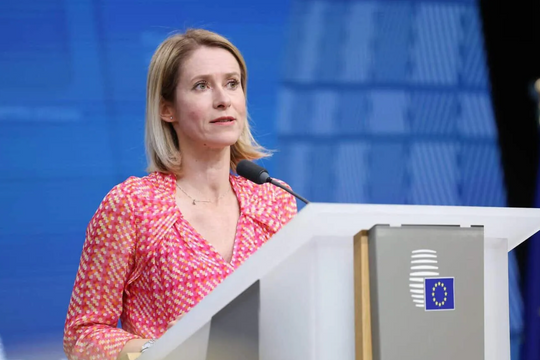Russia: EU loses more than 1,000 billion Euros for cutting ties with Moscow
Russian Deputy Foreign Minister Aleksandr Grushko said on August 4 that the European Union (EU) has suffered losses exceeding 1,000 billion euros (equivalent to 1,150 billion USD) since the bloc sharply cut energy and trade cooperation with Moscow related to the Ukraine conflict.
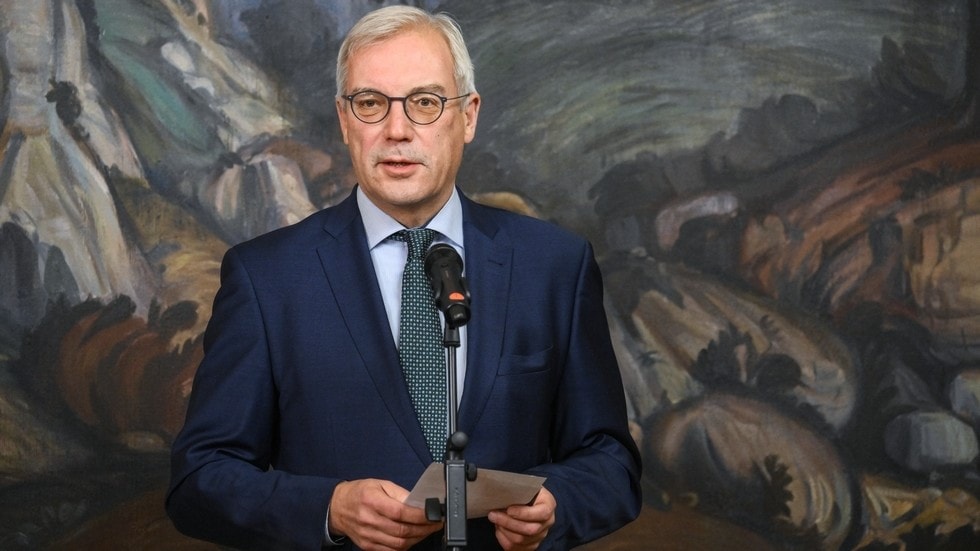
According to RT, in an interview with Izvestia, Mr. Grushko affirmed that this figure was based on estimates by many experts on the economic consequences of the EU's unprecedented sanctions against Russia, including lost profits from energy and trade cooperation.
Trade between the EU and Russia has fallen from 417 billion euros ($482 billion) in 2013 to 60 billion euros ($69 billion) in 2023 and is now “approaching zero,” Grushko said, adding that the European economy has been hit hard and is losing competitiveness.
“Natural gas in Europe is four to five times more expensive than in the US, and electricity is two to three times more expensive,” said Mr. Grushko. “That is the price Europe will pay for ending all economic ties with Russia.”
Earlier in June, Russian President Vladimir Putin also said that EU countries had lost about 200 billion euros ($231 billion) because of refusing Russian gas supplies. By the end of 2024, Russian officials also estimated that the EU's total losses related to sanctions had reached $1.5 trillion. Meanwhile, Moscow claimed that it had gained "some immunity" from Western sanctions.
Mr Grushko's comments came after the EU reached a trade deal with the US that commits the bloc to buying large amounts of US energy, which Moscow says will cost much more than Russia, and imposes 15% tariffs on key EU exports. Many EU politicians have described the deal as unbalanced and damaging to the bloc's interests.
Commenting on the US-EU agreement, President Putin said that the EU has essentially lost its political sovereignty, and this directly leads to the loss of economic independence.
The EU began imposing sanctions on Russia in 2014, after the Ukraine crisis began, and expanded them significantly in 2022.

